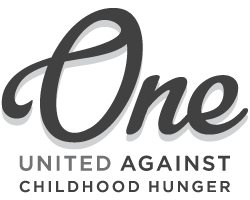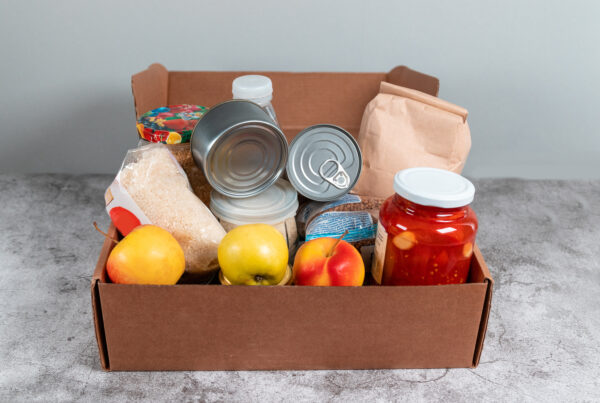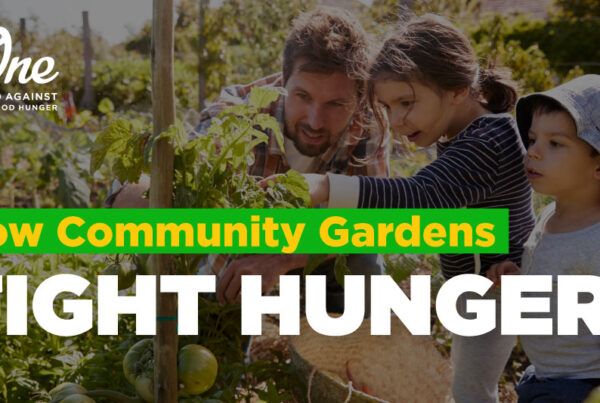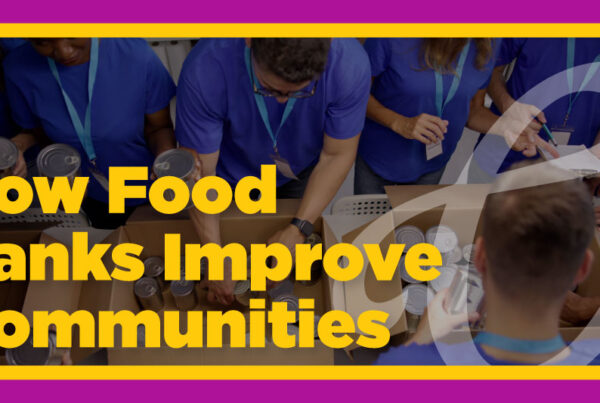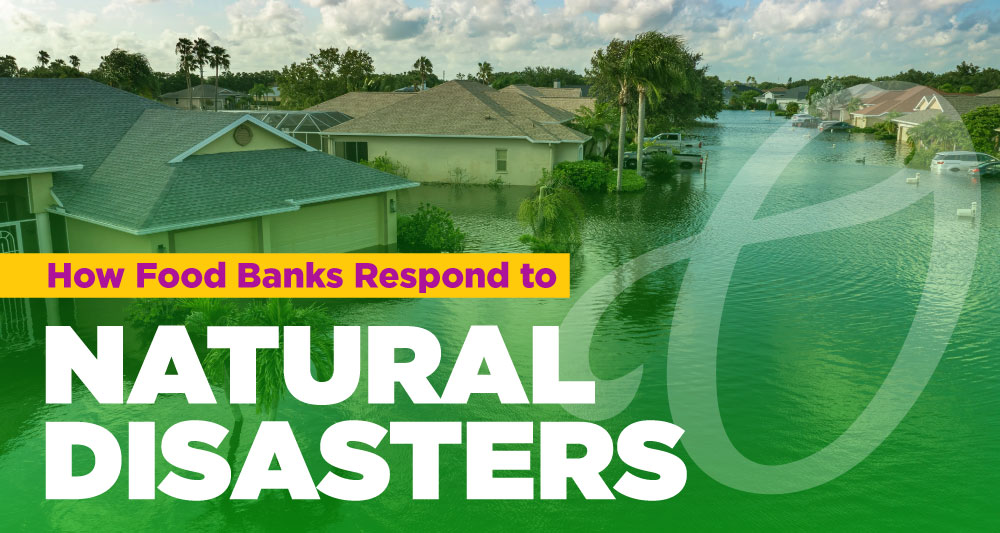
As affected communities continue to recover from recent hurricanes and the wildfires devastating California, disaster response and relief have become top of mind for many. When a disaster strikes, food banks play an important role in helping a community recover. Local food banks support first responders and relief efforts by providing meals and supplies to facilitate quicker and more efficient emergency response and continue to provide much-needed aid long after other organizations have left. Food banks prepare to offer supplies before, during, and after a disaster or severe weather event.
Before a Disaster
Food banks are aware of the needs of their communities, which uniquely positions them to prepare proactively to help before a natural disaster like a hurricane. Before the storm hits, they can work with federal aid workers to stage and distribute additional food and supplies to areas that need it the most. Feeding America works with local food banks and other agencies to prepare for disasters before they happen. With strategically placed stores of emergency supplies and more than 2,400 trucks across their network of food banks, they are prepared to respond quickly to those in need.
During a Disaster
During a disaster, food banks coordinate with partners like the Federal Emergency Management Agency and the American Red Cross to help impacted communities assess their needs. Identifying the most efficient way to help those needing assistance can alleviate stress and better position individuals and families to recover from a disaster. In the face of life-threatening storms or other dangerous situations, a proactive and immediate response plan can make a big difference when rescuing those impacted and offering vital aid.
After a Disaster
In the aftermath of a disaster, immediate emergency relief is only one part of the long-term recovery process, that will take months or even years. When those providing emergency aid withdraw, it is the food banks that will continue to work to provide nutrition to those rebuilding. Food banks often experience a higher demand for meals during this time but sometimes struggle to find the resources to keep up. In the time after a disaster, donations and volunteer work are needed more than ever to help impacted communities recover.
One of the best ways to support recovery efforts in communities impacted by natural disasters is to raise awareness about ways to help local food banks. The recovery process can be a long road for those impacted by a disaster, and the relief food banks provide is essential. Sharing volunteering experiences with others or links to donate helps assist food banks as they continue to fight food insecurity.
The One Initiative unites C.R. England and England Logistics in the fight to end childhood hunger. Learn more about the work of the One Initiative at oneagainstchildhoodhunger.com.


